October 5 revolution observed
Six years ago today, hundreds of thousands of citizens flooded Belgrade to defend the democratic opposition's election victory.
Thursday, 05.10.2006.
09:49

October 5 revolution observed
The central protests were held in Belgrade. The Democratic Opposition of Serbia called on citizens to protest the fact that their victory in the presidential elections of Yugoslavia on September 24, 2000, was not recognized.Leader of the Democratic Party of Serbia and DOS’s candidate Vojislav Koštunica won the elections, receiving almost 2.5 million votes. Slobodan Milošević received about 1.8 million.
Jasmina Jovanović from Čačak died in the protests, falling under the wheels of a truck and one other person died from a heart attack. A total of 65 people were injured in the demonstrations.
Internal Affairs Minister and Democratic Party of Serbia Vice President, Dragan Jočić laid a wreath on the grave of Jasmina Jovanović in the name of Prime Minister Koštunica and the entire government.
“Six years ago she came from Pomoravljo to Belgrade with the desire to make Serbia a more beautiful and better nation. She had a great desire to live in such a Serbia. An unfortunate accident prevented her from doing so. It is up to us every year to look at what we have done and what we have added to the realization of her dream.” Jočić said.
In addition to the politics changes, October 5 brought economic changes to Serbia. Six years after the changes, it is hard to argue that Serbian citizens are not leading better lives today than they were before October 5. The only question is one of what people’s expectations were.
Officials of the new government, under the influence of revolutionary euphoria, promised the people that they would receive the better side of capitalism, better wages and a higher standard, all overnight. Rarely did anyone mention that these things would take a significant amount of time and an even great amount of effort to achieve.
The situation today

Discussions for EU association have been called off because of a lack of cooperation with the Hague Tribunal, more specifically, Serbia’s failure to arrest and extradite Hague fugitive Ratko Mladić.
Serbian citizens continue to live in a country in which you must be prepared to wait for long periods of time, in long lines in front of embassies in order to be granted a visa for visiting another country. Serbia’s people worry most about economic transitions and are not satisfied with the rate at which changes are occurring.
At the end of this month, the promise made six years ago by then-Yugoslavian President and current Serbian Prime Minister Vojislav Koštunica, that Serbia will be receiving a new constitution, may finally come to fruition.
Serbian President Boris Tadić commemorated the historical day with a press conference held in the Serbian Presidency building.
“The year of 2007 has a lot of political importance for Serbia. By solving the Kosovo status question and finishing cooperation with the Hague Tribunal, Serbia can become a nation that is a lot closer to the EU, and that means more investments and the solving of our biggest problem – poverty.” Tadić said.










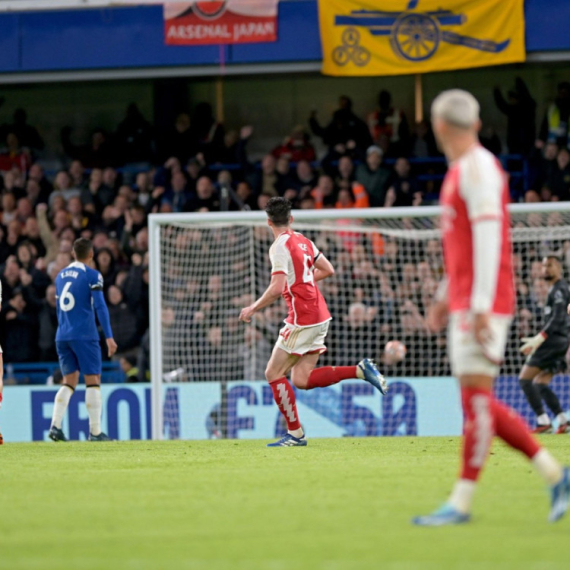
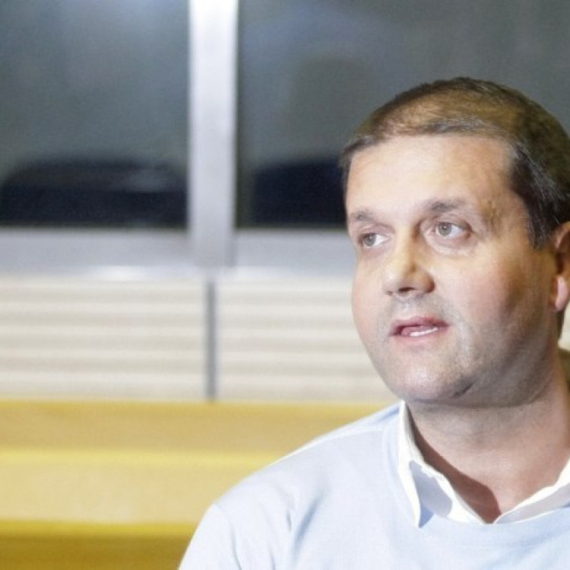




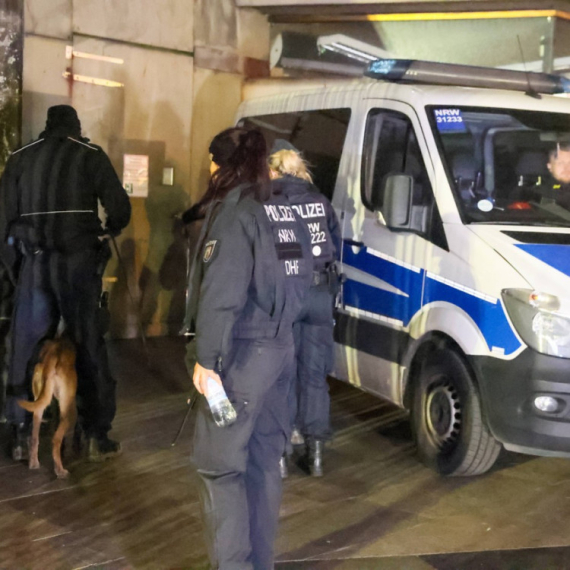
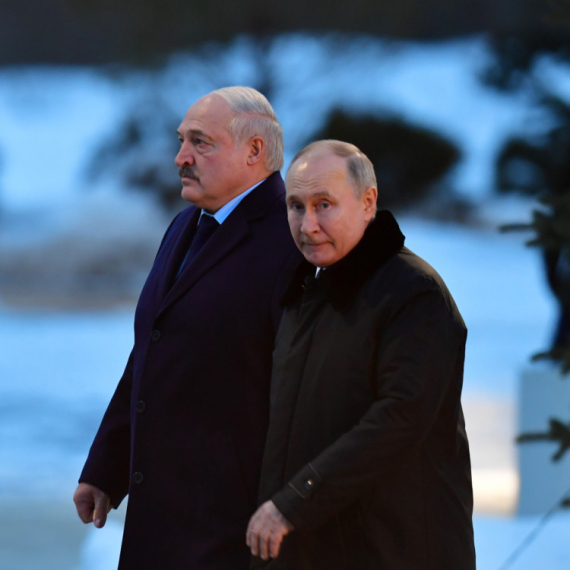
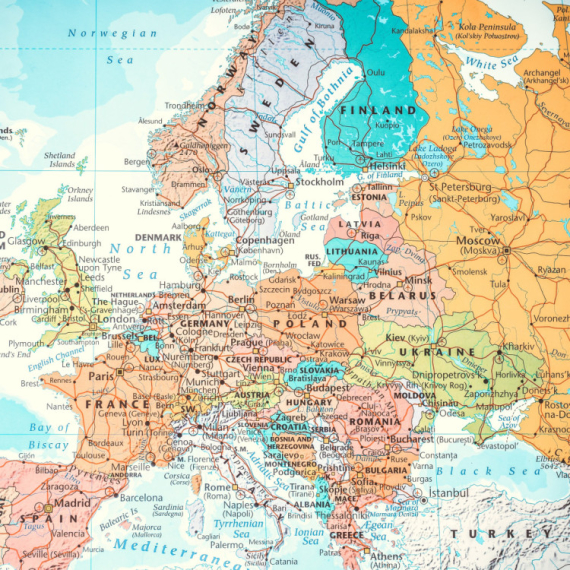
































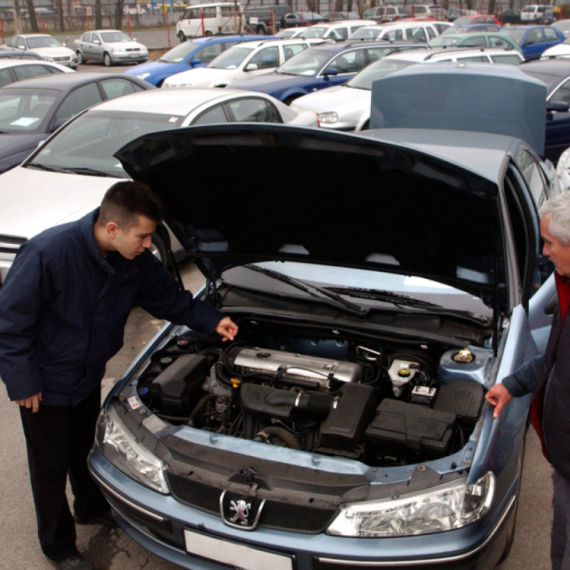
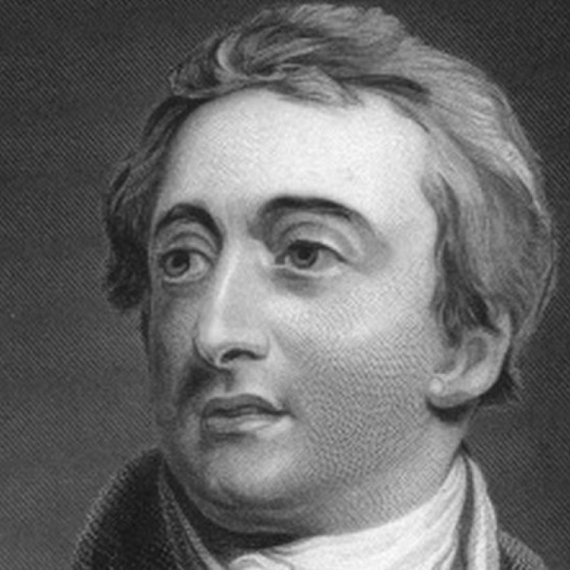





Komentari 1
Pogledaj komentare